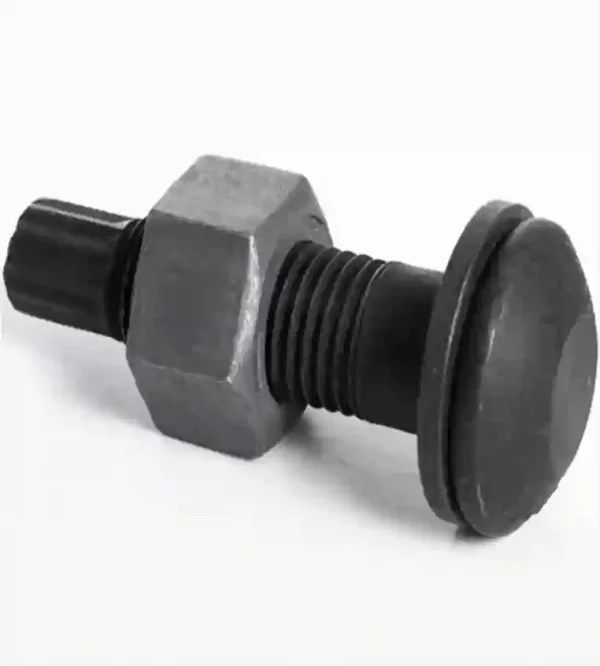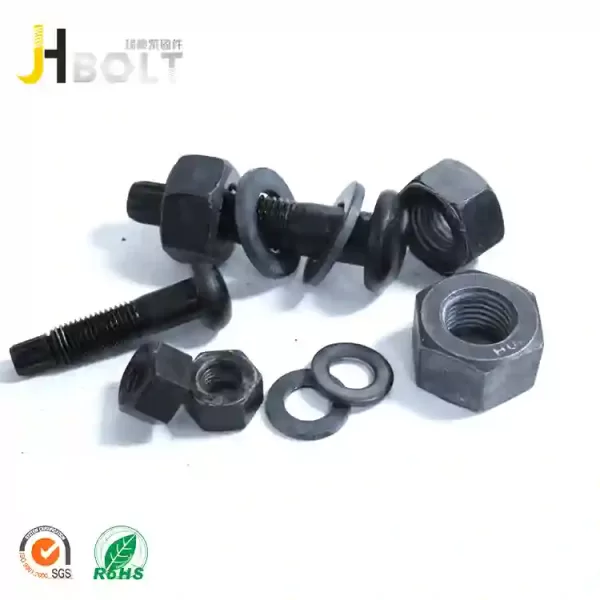Hex bolts are common fasteners that are widely used in various industries. Depending on different needs and application scenarios, hex bolts come in different types and main materials.
Fully Threaded Hex Bolts: Fully threaded hex bolts are the most common type, with threads covering the entire length of the bolt. They are typically used in areas where stronger connection force and seismic performance are required, such as building structures and bridges.

Partially Threaded Hex Bolts: Partially threaded hex bolts have a structure with partial threads and partial smooth sections. This design facilitates installation and removal and is often used in equipment and machinery that requires frequent disassembly.
Long Threaded Hex Bolts: Long threaded hex bolts have a longer threaded portion and are suitable for connecting thicker components or situations that require additional washers and nuts.
Stainless Steel Hex Bolts: Stainless steel hex bolts are made of stainless steel material and have excellent corrosion resistance. They are commonly used in humid environments, chemically corrosive environments, or situations that require anti-rust capabilities.

Carbon Steel Hex Bolts: Carbon steel hex bolts are one of the most common materials and have good strength and rigidity. They are suitable for a wide range of applications, including machinery, construction, and automotive industries.
Alloy Steel Hex Bolts: Alloy steel hex bolts are strengthened in their mechanical and corrosion resistance properties by adding alloyingelements. This makes them suitable for applications under high loads, high temperatures, or special environments.

Choosing the appropriate type and material of hex bolts depends on specific project requirements and usage environments. Regardless of the type of hex bolt you need, it is important to ensure that you select reliable, quality products that meet the relevant standards to ensure secure connections and reliable performance.

